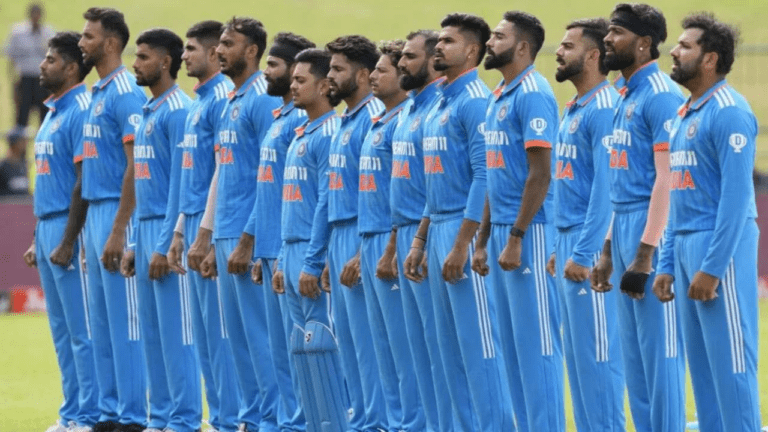Examining IPL’s Impact on Indian Cricket Board Policies
Reddy Anna Book, Reddy Book Club: The Indian Premier League (IPL) has undeniably emerged as a powerhouse in Indian cricket over the years. With its inception in 2008, the league revolutionized the sport by introducing a new and vibrant format that captivated cricket fans worldwide. IPL matches became a spectacle, drawing in massive crowds and gaining a significant following across the country.
Moreover, the IPL provided a platform for budding young cricketers to showcase their talent on a global stage, offering them opportunities to play alongside and against some of the best players in the world. This exposure not only honed their skills but also helped in the discovery of fresh talent, ultimately contributing to the depth and competitiveness of Indian cricket. The league’s success not only boosted the popularity of the sport but also significantly impacted the overall growth and development of cricket in India.
Changes in Player Selection Criteria Due to IPL
The Indian Premier League (IPL) has dramatically altered the landscape of cricket in India, leading to a paradigm shift in player selection criteria. Previously, selection for the national team was primarily based on domestic performances, with limited opportunities for emerging talents to showcase their skills on a global platform. However, the IPL has provided a stage where young players can compete alongside and against established international stars, allowing selectors to gauge their abilities under high-pressure situations and against top-tier competition.
The success of players in the IPL now plays a significant role in determining their selection for the Indian national team. Outstanding performances in the IPL have become a major factor in catching the eye of selectors, as the tournament has become a breeding ground for raw talent to blossom. With franchises investing heavily in nurturing young talent and providing them with top-notch coaching and exposure, the pool of players competing for national selection has expanded, resulting in a more dynamic and competitive environment for selection committees to navigate.
Commercialization of Cricket and its Influence on BCCI Policies
The commercialization of cricket in India has seen a significant rise over the years, with the Indian Premier League (IPL) playing a pivotal role in this transformation. The infusion of big sponsors, advertisement deals, and broadcasting rights has turned cricket into a money-spinning industry, influencing various facets of the game.
The Board of Control for Cricket in India (BCCI) has tailored its policies to align with the commercial interests of the sport. Player endorsements, team sponsorships, and the overall revenue generated from commercial partnerships have become key factors in shaping BCCI’s strategic decisions. This commercial shift has not only elevated the financial status of Indian cricket but has also led to a more business-oriented approach by the governing body.







